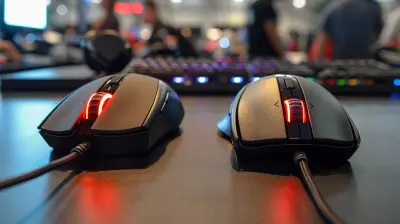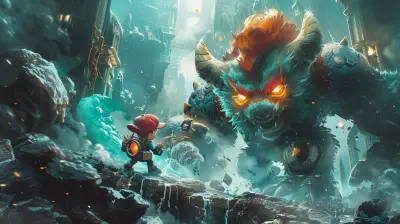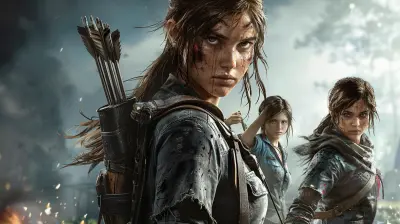Initial Teammates and Companions: Friends or Filler?
24 June 2025
Ever played a game where the first characters to join you felt more like baggage than backup? You know the ones—they pop up early, stick around for a while, maybe even grow on you… or not. Whether you're diving into a sprawling RPG or cruising through a story-driven shooter, your initial teammates or companions can make or break your experience. But here's the big question: are these early-game allies actual friends designed to enrich your journey—or are they just filler dropped in to pad things out?
Let’s take a deep dive into how developers handle these early faces, what makes a companion memorable, and why sometimes—even the most annoying sidekick—can surprise you.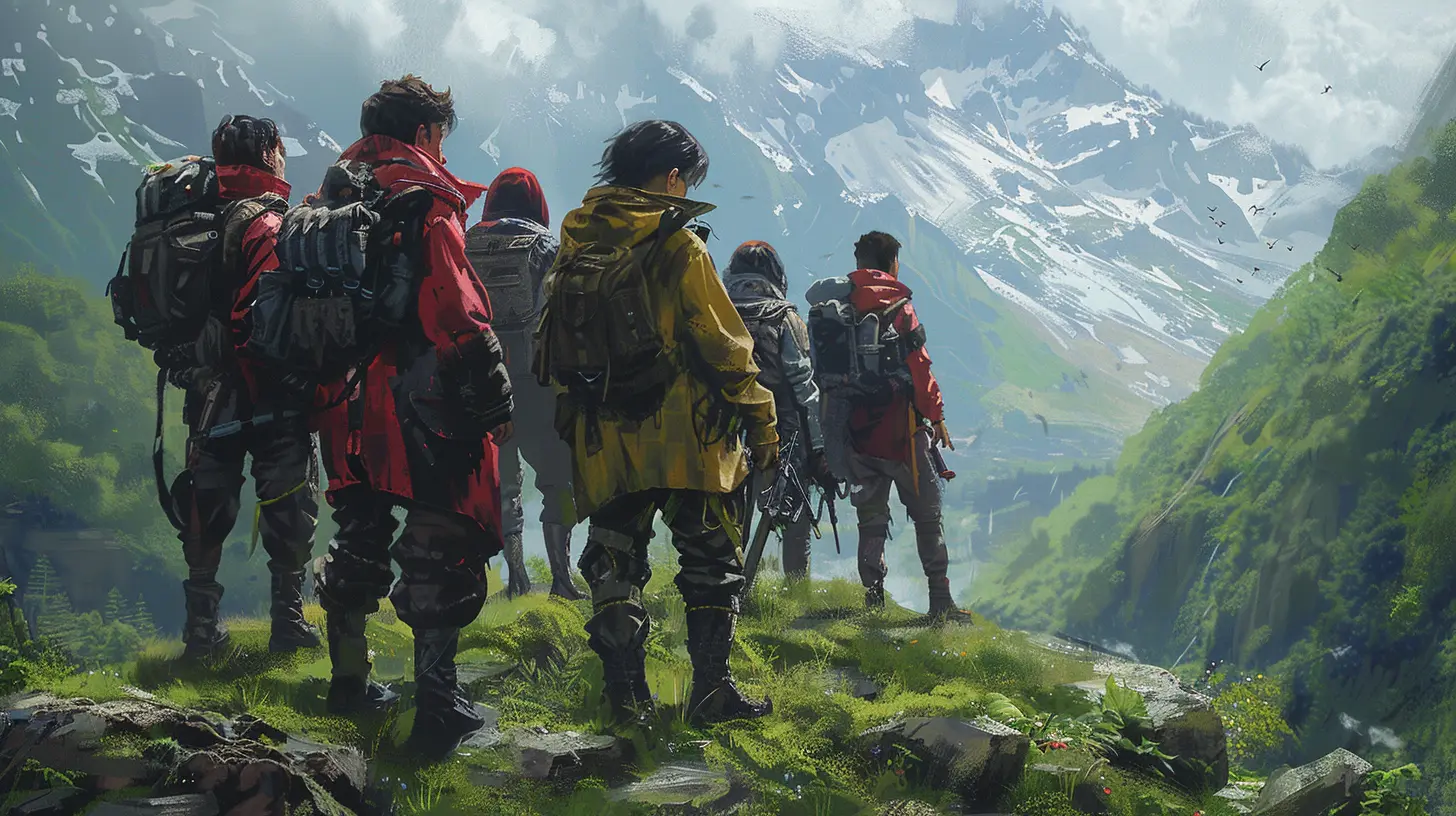
First Impressions Matter: The Role of Initial Companions
Alright, let's start at square one. When you boot up a new game and meet your first squadmate, you're forming your first connection with the game world. These characters often serve as your tutorial buddies, helping the story flow smoothly while easing you into mechanics. Think of them like your first training wheels—supportive but temporary.Why They're There in the First Place
Developers don’t just throw in an early companion for the fun of it. These characters help:- Introduce game mechanics in a relatable way
- Add flavor to the world early on
- Offer emotional connection before the bigger story unfolds
- Teach players the basics of team-based combat or decision-making
But here’s the catch. If that early teammate doesn’t evolve with the story, they start to feel like NPC wallpaper—just another voice in your party, taking up space without giving much back.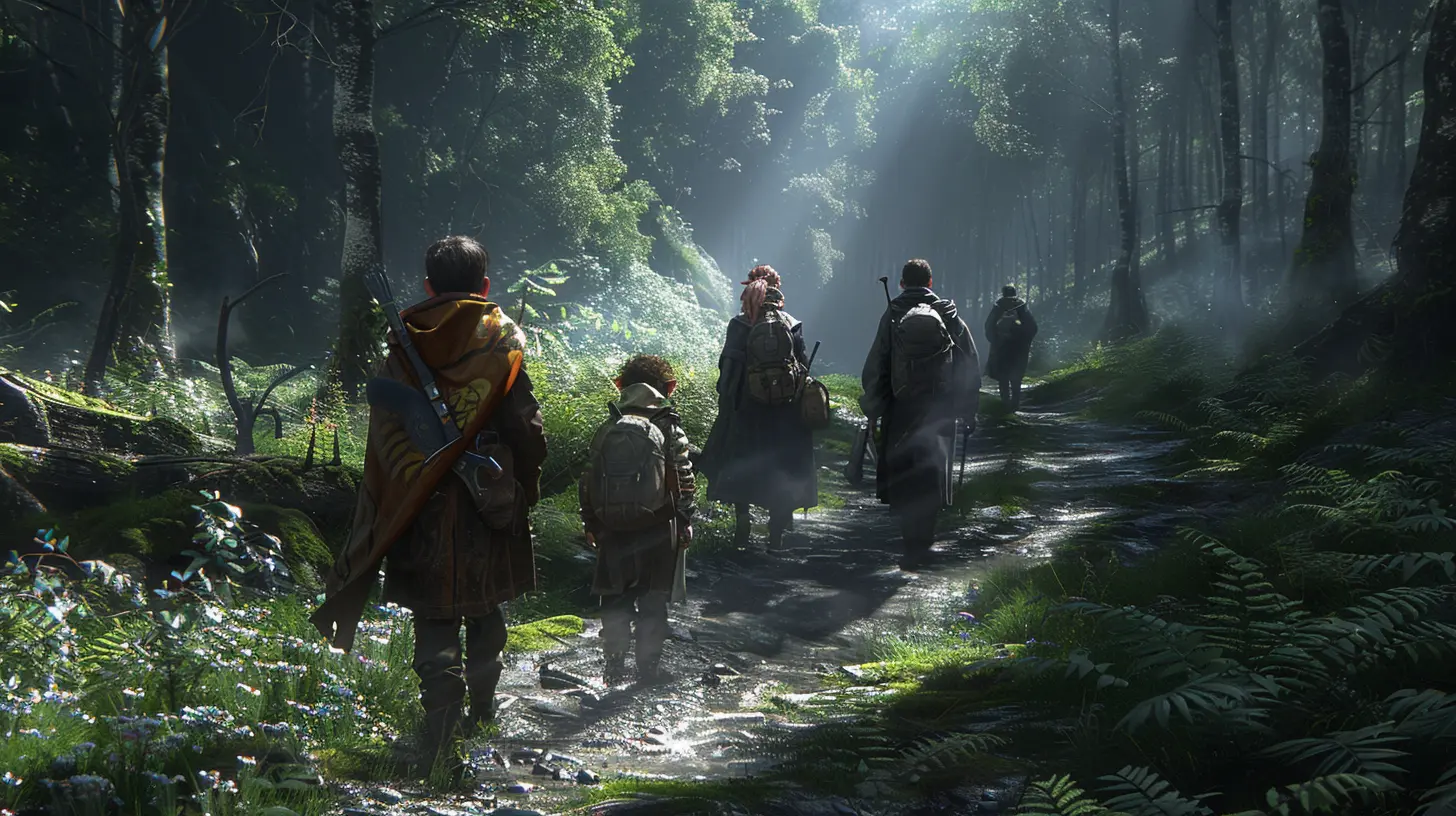
Not All Companions Are Created Equal
Ever noticed how some companions just seem to fade into the background the moment someone cooler joins your team? Yeah, it happens. Some games nail their initial squadmates, giving them depth, personality, and relevance throughout the adventure. Others? Not so much.Let's look at a few examples.
The Good: Memorable Early Allies
Alistair (Dragon Age: Origins)
From the first hour, Alistair gives off big “reluctant hero” vibes. Witty, emotional, and involved in the main storyline, he stays relevant from beginning to end.Ellie (The Last of Us)
Now technically, Joel’s the “main character,” but Ellie is introduced so early and is so integral that she basically is the game. She’s not just there to help out—she is the emotional core.Tifa Lockhart (Final Fantasy VII)
An early companion in the original and remake, Tifa blends backstory, combat efficiency, and long-term significance with seamless grace.The Forgettable: Filler with Legs
Kaiden Alenko (Mass Effect)
Look, no shade if you love Kaiden—but most players benched him for Garrus or Tali the moment they became available. He serves a purpose, sure, but he lacked the charisma or mechanical uniqueness to make a lasting impression.Preston Garvey (Fallout 4)
You either love him or hate him, but let's be honest—he’s mostly known for sending you to help another settlement. Good intentions, but boy did he wear out his welcome.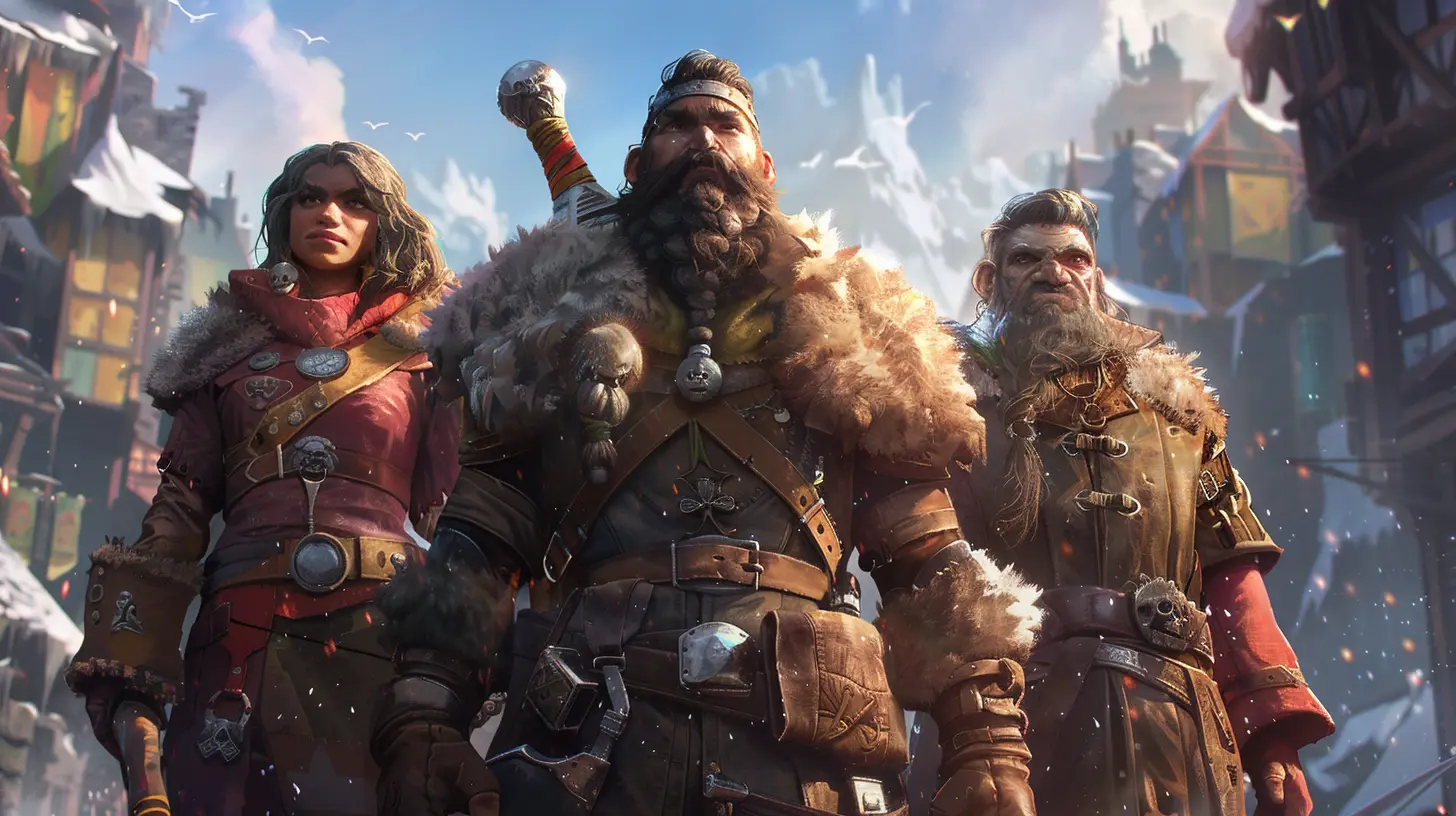
Friends or Filler? What Separates the Two?
So, how do we really tell if a character is a friend or just filler? Let's break it down.1. Narrative Significance
If your initial companion is tightly woven into the central storyline, they’re already one step closer to being a friend. Players care more about characters who matter.💡 Pro Tip: When a character has their own goals, struggles, and subplots, they feel real.
2. Gameplay Contribution
Unique abilities can turn a basic companion into a must-have. If they unlock doors, heal you efficiently, or bring some much-needed crowd control, you’ll keep them around for that utility alone.3. Character Development
Static characters are forgettable. Dynamic characters evolve. Watching a quiet soldier open up or a jokester show vulnerability creates emotional depth—and that’s what players remember.4. Player Interaction
The more you can shape the relationship between you and your companion, the stronger the bond. Dialogue trees, gifting systems, or even romance options can transform filler into fan-favorite.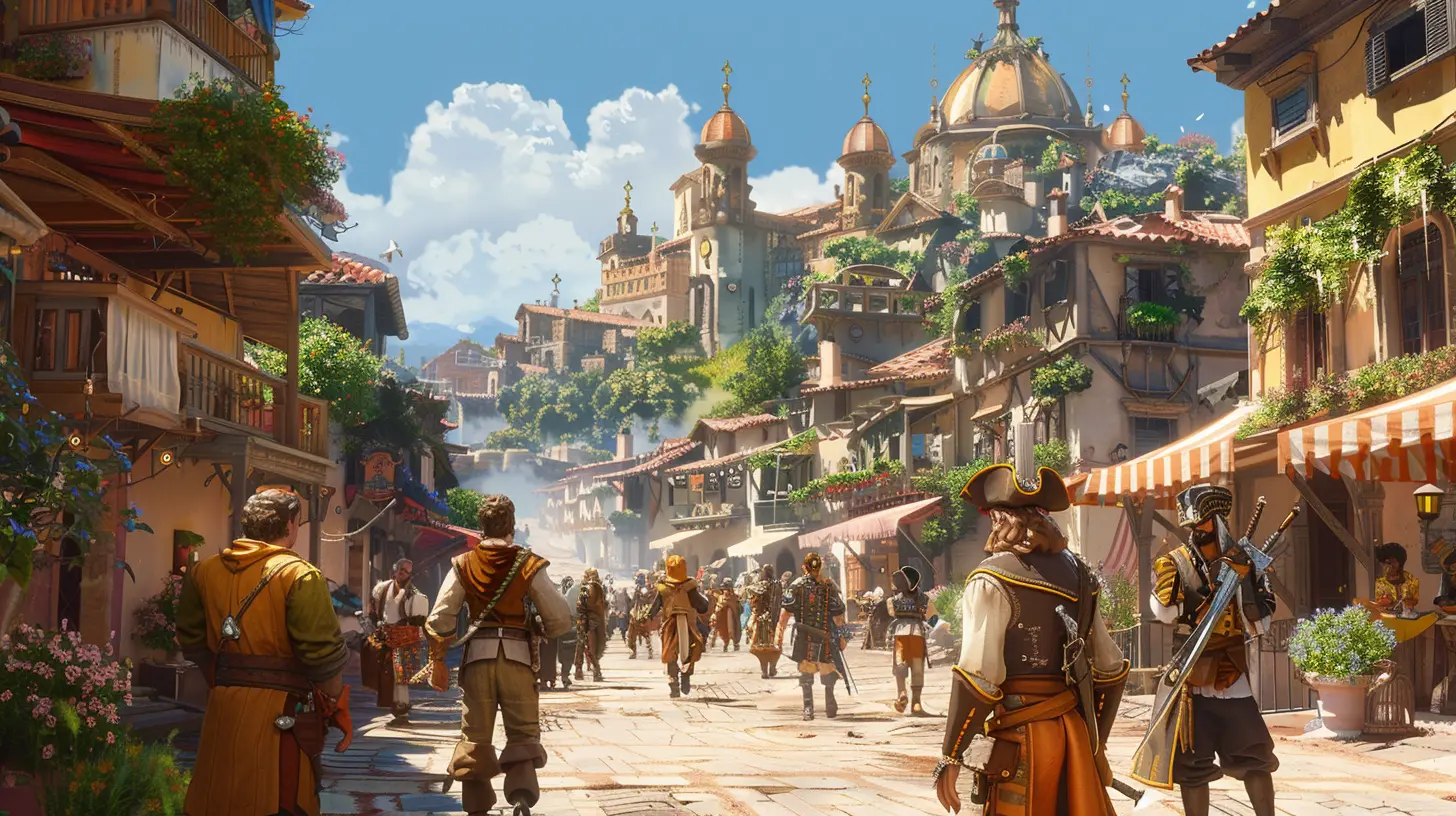
The Evolution of Companion Design
Remember the early 2000s, when a companion was just a walking health pack? Modern games have shifted big time. Developers now treat companions like extensions of the player experience—sometimes more than the main character.AI improvements, branching narratives, and advanced scripting allow companions to feel alive. They react to your decisions, get into arguments, support your choices, or call you out when you’re being a jerk. This evolution has made early companions more than just placeholders—they’re part of the journey.
When Filler Becomes Friends
Here’s an interesting twist—sometimes, a companion that starts off feeling like filler can grow into one you wouldn't dream of leaving behind.Case in Point: Piper Wright (Fallout 4)
At first glance, she’s just a quirky journalist. But as you dig into her background, her motivations, and the way she challenges your moral compass, Piper becomes one of the most compelling companions in the game.This kind of slow burn character arc is powerful. It's like a sitcom—your favorite characters take a few episodes to click, but once they do, you’re all in.
The Psychology of Bonding with AI Teammates
Let’s get a bit nerdy for a second.Gamers form real emotional bonds with virtual characters. Why? Because our brains are wired to respond to stories and connection. When an early-game companion has emotions, history, and responses, we react to them the same way we respond to real people. This is why great early companions leave such an impact—and why bad ones are instantly forgettable.
Player Agency: Choosing Your Inner Circle
More and more games now let you build your dream team. And that’s awesome.But with choice comes responsibility—you’re not just picking stats, you’re picking personalities. Will you keep your starter companions, or replace them with shinier ones down the road?
The good ones stick with you. You might pick Garrus over Ashley, or keep Dogmeat even when a full squad is available. That sense of loyalty mirrors real-life friendships. It’s not always about who's the strongest, but who’s been there since the beginning.
Early Companions in Multiplayer Games
What about online games? Do initial teammates still play a role?Absolutely. In MMORPGs or co-op-focused titles, your first NPC ally or even other players you meet early on can influence how long you stick with the game.
Take Destiny 2, for instance—Zavala and Ikora give structure and guidance early on. You might not party with them, but they still set the emotional tone. Or look at Monster Hunter: World—your Palico is literally with you from hunt #1, and many players get unusually attached to their little feline friend.
The Verdict: Are They Friends or Filler?
Honestly? It varies. Some early-game companions are dead weight. Others end up being the heart and soul of your journey.The best ones support the player in both gameplay and story. They resonate through memorable interactions, impactful decisions, or emotional moments. You might not remember their exact stats, but you'll remember how they made you feel.
And that’s kind of beautiful, isn’t it?
So next time you're tempted to bench your first companion for someone flashier—maybe give them a second chance. Who knows? That “filler” could turn out to be the heart of your adventure.
Final Thoughts
Games are about connections. Whether it’s with worlds, stories, or characters—those early bonds matter. Initial teammates and companions might not always blow you away at first, but the great ones stick. They evolve. They challenge you. And in a surprising number of cases, they become the friend you didn’t know you needed.So... friends or filler? That’s up to you.
all images in this post were generated using AI tools
Category:
First ImpressionsAuthor:

Tayla Warner
Discussion
rate this article
2 comments
Devin McKinstry
Great article! Remember, even the simplest companions can spark unforgettable moments in games. Cherish every connection—friends or filler, they shape our adventures!
September 9, 2025 at 5:01 AM

Tayla Warner
Thank you! Absolutely, every connection plays a vital role in shaping our gaming experiences.
Delta McKellar
Great article! It’s fascinating how initial teammates shape our gaming experiences. Whether as friends or fillers, their roles can significantly influence our journey. Engaging with these characters adds depth to gameplay, reminding us that every companion has the potential to enhance our adventure. Keep up the great work!
June 30, 2025 at 3:19 AM

Tayla Warner
Thank you for your insightful comment! I appreciate your perspective on how initial teammates impact our gaming experiences. Glad you enjoyed the article!
